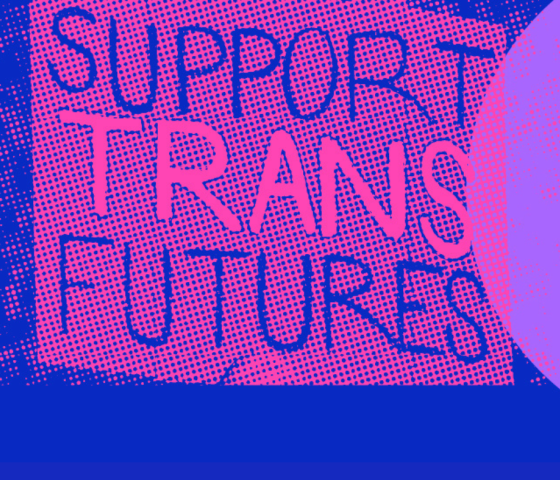In September 2018, we saw one of the highest primary voter turnouts for an off-year election in recent history, but those numbers aren’t as impressive as they might seem. Only 1 in 4 eligible Democrats voted in that election and even fewer Republicans showed up at the polls.
High voter turnout is the foundation of a healthy, representative democracy. Even though Delaware does not have overly restrictive voter ID laws, it still isn’t the most welcoming state for voter opportunity. The voter registration deadline is the fourth Saturday before an election. This limits people in their ability to vote. Those who are not registered or have moved and haven’t updated their voting information to vote may not realize it until it’s too late to participate in the upcoming election.
Delaware also has no laws allowing no-excuse absentee voting or early voting. Not everyone has the ability or resources to take time off work to vote, which makes the voting population not representative of the actual population, and can lead to elected officials who aren’t representative of their constituents.
A third challenge is that Delaware’s presidential primary is held in April and its statewide primaries are held in September. This means in a presidential election year people have to go to the polls three separate times to cast a ballot. We also have one of the latest statewide primaries, which hurts the ability of primary winners to campaign for everyone’s vote in early November.
But despite these barriers, there’s a spark of hope this legislative session. Delaware’s 150th General Assembly have a real shot at bringing our voting laws into the 21st century and governor Carney has already voiced his support for the changes.
HB 38, sponsored by Representative Dave Bentz, will revise the code to mandate an early voting location in every county and the city of Wilmington, for no less than ten days prior to state and presidential elections, including weekends. This way, people who work on election day can vote without taking potentially unpaid time off. This bill has passed the house and is out of committee in the Senate.
HB 39, sponsored by Representative John Viola, will allow for same day voter registration. This means that any eligible vote can vote in any election, even if they forget to register until the day of. This bill is out of committee in the House and awaiting a floor vote.
HB 41, sponsored by Representative Stephanie T. Bolden, will move all statewide primaries up to the date of the presidential primary. This will increase voter turnout, and increase the length of time between the primary and the general election, giving parties more time to campaign for their chosen candidate. In recent cycles, the difference between presidential primary turnout and statewide primary turnout has been between 35% and 45%. HB 41 passed the House in January but seems to be stalled in the Senate since it hasn’t yet received a committee hearing.
Lastly, the National Popular Vote Interstate Compact bill, SB 22, was passed by both chambers of the General Assembly and has been signed by the governor. Once in effect nationwide, it will make presidential election results more fair, causing the electoral college to always reflect the will of the people.
Individually, each of these adjustments may not seem like a significant change, but combined they have the potential to significantly and positively impact all of our future elections.
Democracy only works when as many Americans as possible are involved. Stay tuned for actions and updates on each of these voting bills as the legislative session progresses.
